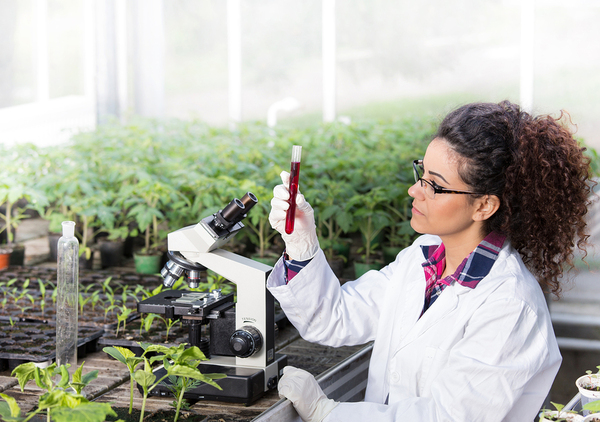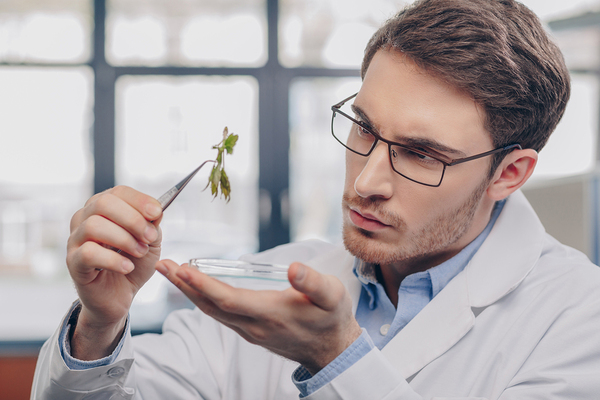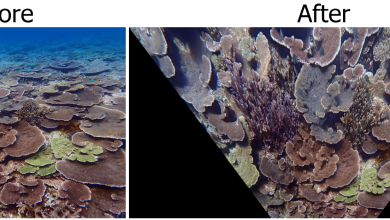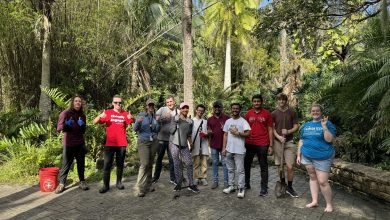What Can You Do with a Biology Degree?
The options are almost as varied as the life forms you will study
Biologists study living things including plants and animals, from one-celled creatures like algae and bacteria to huge ones like whales and elephants. There are many different career paths biology degree graduates can pursue. So what can you do with a biology degree?

Lab Technician
Research biologists conduct experiments and research, much of which is carried out and documented by lab technicians under the supervision of those with more experience or more advanced degrees. Technicians may work for medical schools, government organizations, or biotechnology companies to carry out research that may test the safety and effectiveness of products and procedures or the effect of biological processes on the surrounding environment.
Medical Professional
Biology majors are qualified for a variety of jobs in the medical field, depending on their willingness to obtain advanced degrees. Many pre-med students earn biology undergraduate degrees, and there are many jobs in the medical field that are ideal for biology majors, like analyzing laboratory and other medical tests, educating patients about their various health conditions, or working in an animal care center.
Agronomist
This biology career focuses on food production, including plant genetics, plant physiology, meteorology, and soil science. Agronomists find ways to produce more food or better quality food, especially in less than ideal conditions. Agronomy looks at agriculture from an integrated perspective, looking at the soil, climate, and all factors that impact the growing of crops for food.

Pharmaceutical Salesperson
Knowing biology (and chemistry, which is also studied for a biology degree) is helpful for explaining to doctors and medical professionals how various pharmaceutical products work. This expertise will help you sell them on trying these products with their patients in doctors offices and hospitals.
Environmental Scientist
More and more businesses, government organizations, and municipalities have become concerned about the impact of their activities on the environment. Environmental scientists can provide guidance about environmental impacts various activities will cause, and they can conduct tests and research to gain more information to share with others and inform their decisions.
Marine Biologist
This career focuses on organisms that live in the water—marine life. The health of life in the oceans, lakes, rivers and streams has a direct impact on human life in many ways—having healthy drinking water, healthy fish to eat, and making sure the algae, fish and other life forms remain in balance to keep the ecosystem healthy and intact.
Microbiologist
The microscopic life forms that inhabit humans, animals and other habitats can greatly benefit or harm their hosts in many different ways. Microbiologists study and research bacteria, algae, fungi and microscopic parasites to learn more about them and how they function and affect other living things. Microbiology often leads to the study of diseases and environmental or agricultural damage, since microscopic organisms often cause these things to happen.
What can you do with a biology degree?
A biology bachelor’s degree from Florida Tech prepares students for a job in one of these areas of biology or can be a foundational degree for a more advanced career. Learn more about our biology degree program to get started!
%CODE1%





